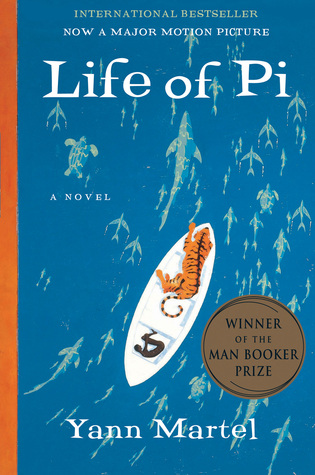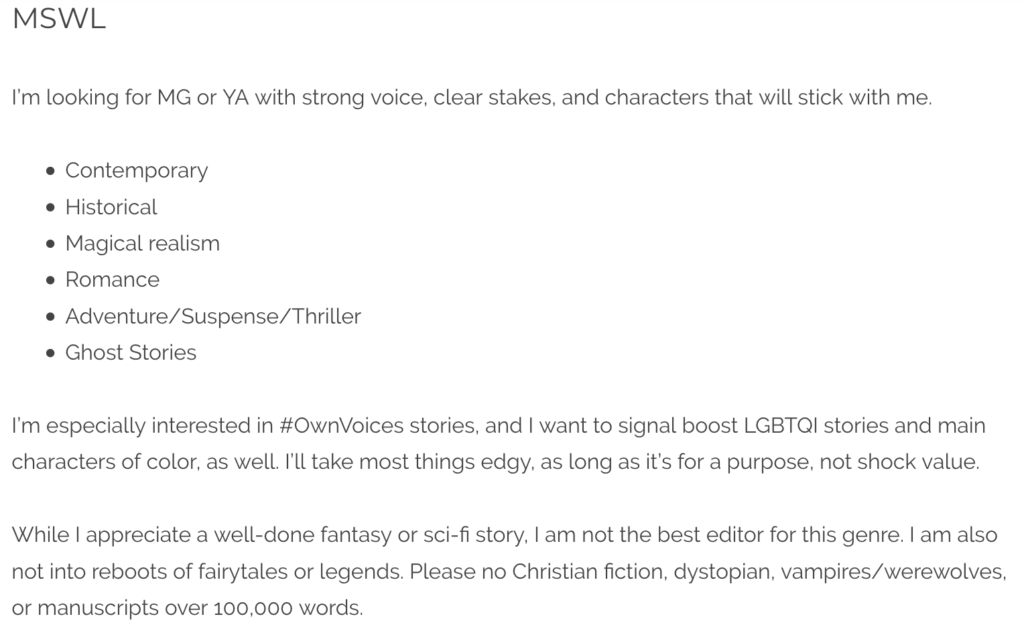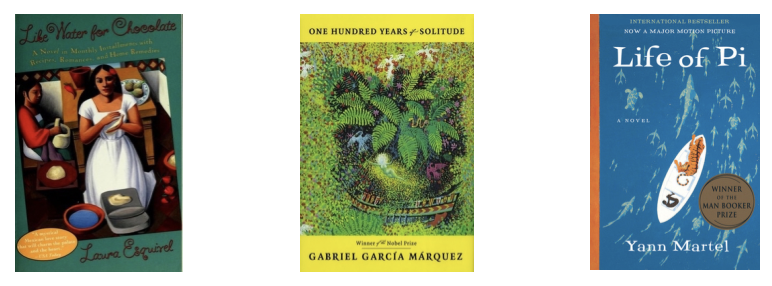
Do You Write Fantasy or Do You Write Magical Realism?
Hint: You Write Fantasy
Right now, you are thinking…

You’re right. I don’t know you. But I know you don’t write magical realism. Okay, I’m 99.9% sure. And how do I know this, you ask as you pound your desk in consternation and insist that I am wrong and that OF COURSE you write magical realism?
Because in the three months that I have been on hiatus, I have not been sitting around eating chocolate. (Okay, I have. And thank you to Elisabeth Norton and Melanie Welfing and the rest of the SCBWI Europolitan conference organizing committee for the fabulous bar of Dutch chocolate that they gave me–along with a whole bunch of other really awesome speaker gifts–for presenting at their biennial conference in Zurich at the beginning of May. But that’s beside the point.)

The point is that while I was not eating chocolate, and not presenting in Switzerland, I was an editor with Twitter’s annual #RevPit contest. I received almost one hundred entries, some of which claimed to be magical realism. Of those, every single one that said it was magical realism was wrong. It was solidly in the fantasy category. Here’s what my bio page said I was looking for, and (just as importantly) what I was not looking for:

Notice that I said I was not the best fit for editing fantasy. Don’t get me wrong: I love a good fantasy story. And under normal circumstances, I will look at them to see if I can do it justice. But in the tight timeline of #RevPit, I knew other editors would be much stronger.
But do you notice that “Magical Realism” is a separate category that I am completely willing to look at here? That’s because it is nothing like fantasy. So I was not looking for fantasy, but had a bunch of submissions of them anyway. And I don’t think people were trying to pull a fast one and say, “Oh, I’ll submit this as magical realism because Jay will never know the difference.” No, I think it’s because they don’t know the difference.
What is Magical Realism?
It is not fantasy. It is not fantasy light. It is not a world in which magic exists. Terry Pratchett once said that saying you write magical realism is “a polite way of saying you write fantasy.” With all due respect to Mr. Pratchett, who wrote wonderful fantasy (not magical realism)…

Magical realism is actually a form of literature in which the real world incorporates an element of magical, mythical, or miraculous experience. This is not to be confused with the magical of Harry Potter or the mythical of Percy Jackson. Instead, these elements in magical realism serve to help the reader question reality. In fantasy, there is a separation from reality. Consider that in Harry Potter, for example, the wizarding world is separate from the muggle world. There are portals between the two, and in some instances, they are layered over one another. But they do not intermingle. Muggles are not aware that the wizarding world exists. In many other fantasies, the world created is meant to represent a completely different world, one in which our world does not exist. Perhaps it represents a parallel or hidden dimension within our world, but even then our world still exists without magic, myth, or miracle.

Magical realism asks the reader to reconsider what is real, what is true. Can the emotions of a chef truly make the person who eats her meal weep tears of joy, or feel the knife-sharp blade of grief, as they do in Like Water for Chocolate by Laura Esquivel? What if it’s not a parlor trick and Criss Angel really is levitating, as residents of Macondo do in Gabriel García Márquez’s One Hundred Years of Solitude? We’ve all seen viral videos of animals who have saved the lives of their owners. But perhaps that connection is deeper than we ever imagined and animals truly can talk us through the most painful and difficult periods of our lives, like Richard Parker (the tiger) does for Piscine Patel after the shipwreck in Yann Martel’s Life of Pi.
In all these stories, the magical, mythical, or miraculous elements are a completely normal part of the life experience. They are not unusual, as they would be in The Chronicles of Narnia. People with special abilities or traits would not have to hide themselves, as the vampires in the Twilight series would. Magic would not be under any sort of governmental control, as it is in Children of Blood and Bone. This is one of the hallmarks that distinguishes fantasy from magical realism.
Roots of Magical Realism
The roots of the term “magical realism” come from a 1955 piece by literary critic Angel Flores, “Magical Realism in Spanish American Fiction.” He credits Jorge Luis Borges as being the father of the movement, though there are those who believe the genre began earlier. I will leave that debate to the literary scholars.
Is it Authentic Magical Realism?
There is currently another debate afoot, specifically that the genre should be reserved solely for Latin American authors because this is where the genre originated and therefore anything outside of the Latin American community can’t be considered authentically magical realism. Again, I must remove myself from that debate because I am not a literary scholar, nor am I a member of the Latin American community.

What I will say is that there is a rich body of literature that deserves recognition as something other than fantasy or fabulism or simple literary fiction. Japan has many authors who write this in this style, and Haruki Marukami and Kazuo Ishiguro are considered two of the best. Lots of feminists, including Virginia Woolf, Toni Morrison, and Alice Hoffman, have written what could be considered magical realism. And there are many Scandinavian and Baltic States authors who fit this category as well.
So wherever these authors and their stories land on shelves in the future (because it is not up to me to decide–it would be the height of white privilege for me to ignore the wishes of a community that feels a strong connection to this genre), I will continue to reach for them. I just hope I can find the new shelf!
See? You Write Fantasy

But back to my main point. I hope I’ve cleared up the confusion over these genres. If you write fantasy, own it! Be proud of it and the fact that you wrote anything at all and finished it. Don’t blow your chances with an editor or agent by including “magical realism” in your query letter. Know your genres! (And by the way, YA is not a genre. That’s the subject of my next post.)

[…] Magical Realism (see my earlier post for why this is not the same as SFF) […]